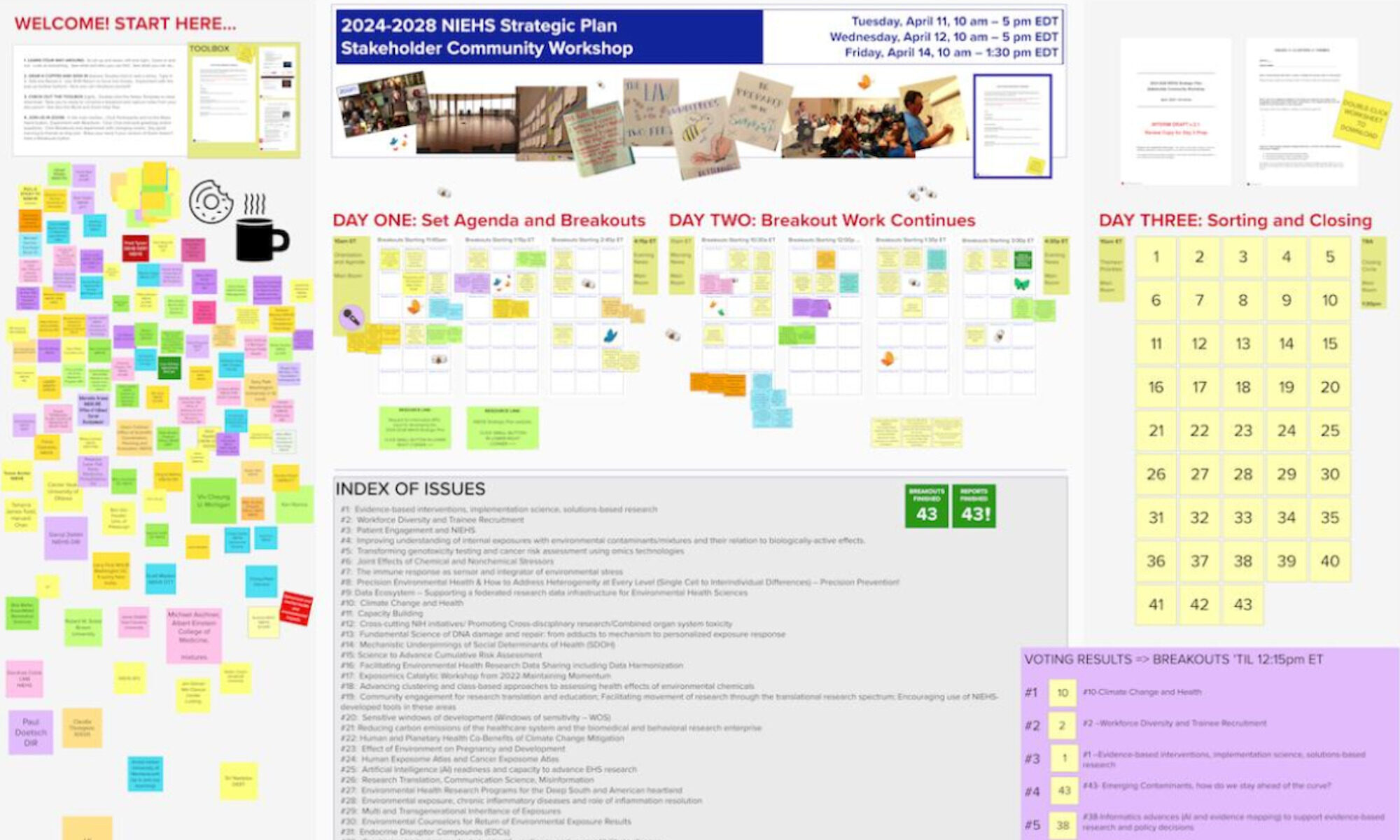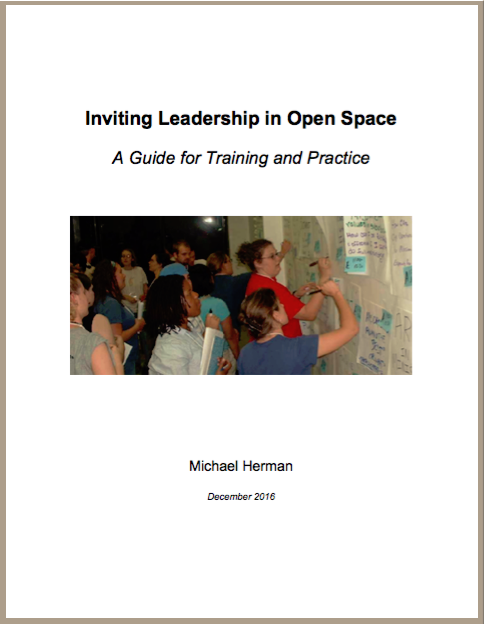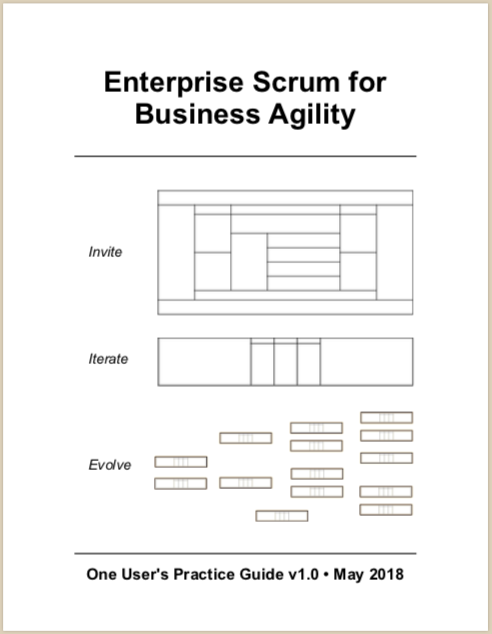This page is an open bookshelf or file cabinet that I refer to myself and am glad to share with you – material I’ve created over many years and links to important works by friends and colleagues.
Those links include eight books for which I was a contributing writer, editor, reviewer and/or content consultant. Please buy my friends’ books! …and contact me with any questions about using and sharing my materials. Thank you!
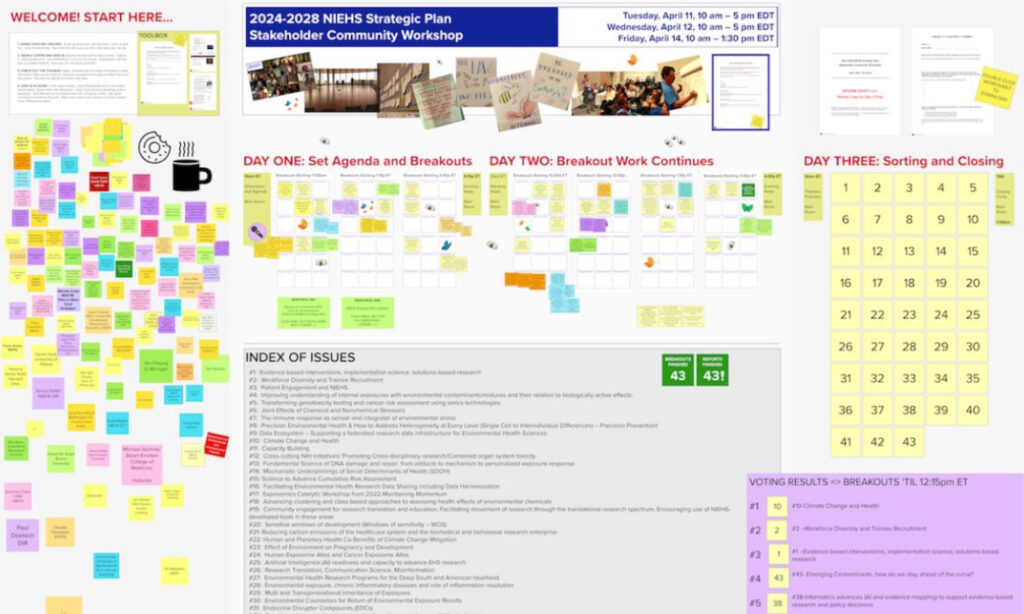
Inviting Agility is Responsible Learning and Adaptation
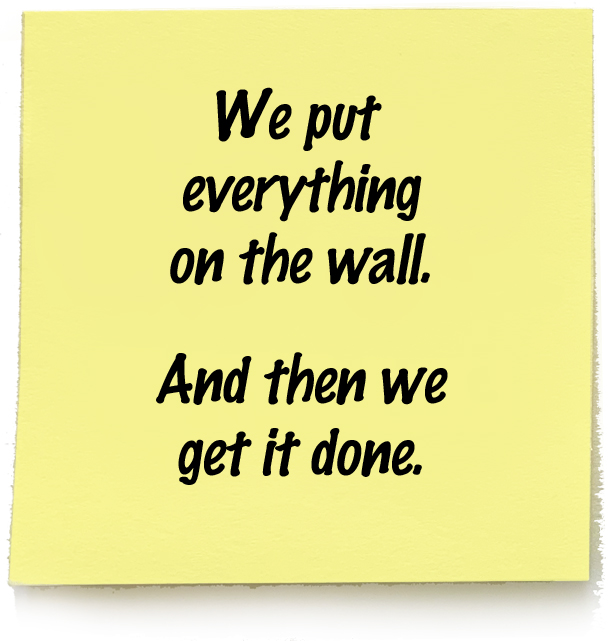
What I call Inviting Agility marries learning from Open Space and Agile Methods, informed by the all of the other practices and perspectives pulled together on this page.
- Why Invite Agility? – when open space met agile
- An Intro to Agile, What We’ve Learned about Open Space, and Inviting Leaders Invite More Leadership – some brief, but important, background
- Case Story: Walmart – rapid, global, agile transformation inside of a corporate giant
- Podcast: Open Space, Inviting Agility, Enterprise Scrum – interviewed by Jochen Krebs on Agile.FM
- Podcast: Connecting Open Space and Enterprise Scrum, interviewed by Alexandre-Frédéric Joly on his Dare Real Agile podcast.
Open Space Gets People Moving
What is Open Space?
- What is Open Space Technology – my executive summary at OpenSpaceWorld.org (1998)
- Open Space: A Guided Tour – a brief tour of the many variations of Open Space (1998)
- Opening Space For New Life At Work [pdf] – The Works magazine (2001)
- OpenSpaceWorld.org – leading global OS website, 17 languages, MH founded/managed since 1999
- Open Space Event Video – USWest Creative Services captured a 3-day event live (18 mins)
- Explanation Video – by Center for Creative Leadership, with my guidance (3 min)
- Time-Lapse Video – one-day community meeting (2 mins)
- Brief User’s Guide – Harrison Owen’s original paper
Open Space Practice: Inviting Leadership
- Inviting Leadership Guide [pdf] – my best and most frequently shared Open Space papers and tools in a single document (includes executive summary, guided tour, invitation writing, script, templates, checklists, and other resources for facilitators and meeting sponsors)
- Open Space Technology: Inviting Leadership Practice [pdf] – MH interviewed by Shilpa Jain of Shikshantar, Udaipur, India (2006)
- The Inviting Organization Emerges [pdf] – an early roadmap for the future of leadership and organization that’s still relevant today (1998)
- Case Story: NIH (NIEHS) Online Open Space: Exposomics Workshop Series and Strategic Summit on Exposomics – catalyzing a vast new field of health sciences research into action
- Case Story: Video Report from Change Makers Summit – Rev. Carissa Rodgers at 3-day national summit I led for the UMC’s General Commission on Race and Religion (1.5 mins)
- Case Story: Strategic Conversation [pdf] – OST for customer-centered strategy development
- Case Story: Adaptive Challenges – a simple, direct approach to the hardest issues
- The New Parish Priest – my friend and mentor, Fr. Brian Bainbridge, opened space inside the oldest hierarchy on earth
- More Case Stories – see also Proceedings document samples
- Inviting Agile Requirements [pdf] – using open space with complex stakeholder groups to create better, faster, SMARTer working context for agile teams, or any other strategic/tactical roadmapping situation.
- TOOLBOX: Required Conditions, Basic Preparation and Working Mechanisms – how to think about hosting an open space meeting (via openspaceworld.org)
- TOOLBOX: Opening Space Online – what we’ve learned about inviting and supporting self-organized work in online platforms
- TOOLBOX: Open Space Proceedings Samples + Templates – useful as case stories and as documentation templates
- TOOLBOX: After Open Space – how to turn conference proceedings into strategic roadmap and ongoing open/agile practice
- TOOLBOX: Ongoing Open Space – rules for ongoing OS, developed at University of Kentucky Rural Health Center, posted in my wiki workspace notes.
The Spirit of Opening Space
- Open Space Technology: A User’s NON-Guide – the inner game of opening and holding space, from two months of extraordinary conversation, with 37 active participants and hundreds of others listening in, on the OSLIST global email list (2002). Michael Herman and Chris Corrigan (editors)
- Living Peace: the open space of our lives [pdf] – collection by OST facilitators from around the world, Raffi Aftandelian (editor), Michael Herman (contributor) (2008).
- Grandma’s Lullaby [pdf] – a short personal story about opening space at the end of life, with lessons for leaders, facilitators, coaches and anyone touched by Alzheimers (1998)
Kanban Makes Work Visible and Optimizes Flow
- Personal Kanban – excellent way to get started and understand the practice, Benson/Barry
- Essential Kanban Condensed and Kanban University Resources – go deeper and apply to any kind of work with David Anderson’s book and other resources
Scrum Makes Delivering Value Iterative and Dependable
- The Scrum Guide: The Rules of the Game – the definitive guide, famously brief 16 pages, Schwaber/Sutherland
- The New New Product Development Game – Harvard Business Review, inspiration for Scrum
- SCRUM: Doing Twice the Work in Half the Time (Amazon) – by Scrum originator, Jeff Sutherland
- Scrum at Scale Guide – Jeff Sutherland’s take on scaling scrum
Enterprise Scrum Visualizes and Agilizes at Scale
- Enterprise Scrum for Business Agility Guide – what is Enterprise Scrum? …and how to use it to agilize anything
- Agilize Anything (Even City Government) with Enterprise Scrum – slides from Global Scrum Gathering workshop presentation
- Introducing Enterprise Scrum for Business Agility – how ES scales Scrum from single teams to whole organizations, overview I wrote for Agile Project Management for Dummies.
- Enterprise Scrum in One Page – overview and practice reference infographic (formatted to print 11x17in.)
- TOOLBOX: Canvas Templates – two basic canvas formats, to strategize, plan and execute any kind of work, at any scale, with a number of adaptations for getting started.
- TOOLBOX: Overlapping Cadences – David Sacks’ (PayPal, Yammer) “Cadences” framework is the “timing” that’s implied in Mike Beedle’s Enterprise Scrum canvases.
- TOOLBOX: User Story Mapping – Jeff Patton’s practice for making product development and customer experience visible. see also StoryMap and UserStory quick reference guides.
- TOOLBOX: Draw Toast – Tom Wujec’s quick team exercise as introduction to visualizing work, see also Story Mapping below.
Participative Design Reshapes Organization Structure for Learning
- Constantly Trying to Change? Why not Change to be Adaptive? – PD Intro [more]
- Participative Design Notes – quick reference for six criteria, workshop steps, etc.
- Emery and Trist Environments – understanding the context we work in
- CaseStory: Trist Long Wall Method, c. 1950 – Trist/Bamforth on the earliest modern, industrial, self-managing teams – we’re still up against the same human needs and challenges
- TOOLBOX: What Can Agile Learn from Participative Design? – short slide deck intro to Participative Design, Emery and Trist’s pioneering work on setting up self-managing teams, with roots in the Socio-Technical Systems movement after WWII. I used this approach to set-up self-managed teams in 1995, years before the Agile Manifesto made self-organization “a thing” in software. Includes Six Criteria and Skills Matrix evaluation tools.
More on Mindset, Strategy, Practices
Here are some excellent books where I’ve served as contributor, editor, reviewer and/or content consultant (images). Links to these, other books, notes, and more (below images).
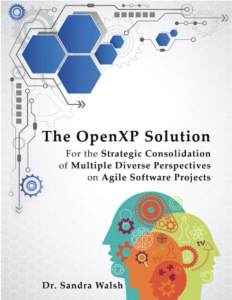
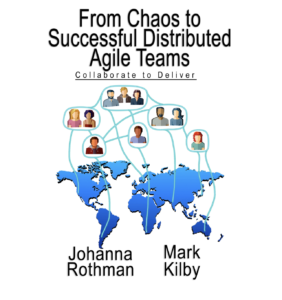
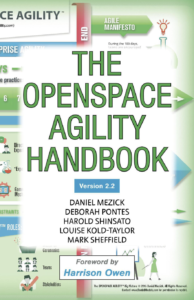
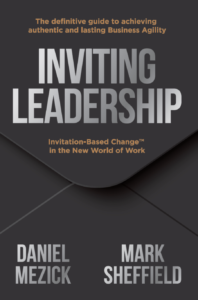

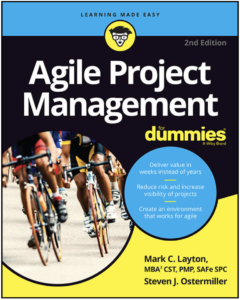
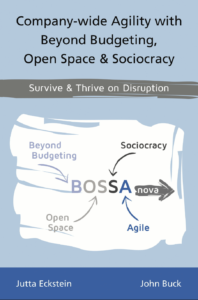
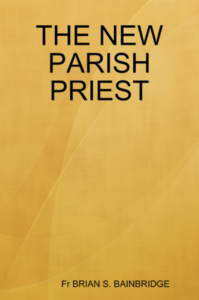
- Wave Rider: Leadership for High Performance in a Self-Organizing World – Owen [book]
- The Practice of Peace, Owen – [book] [ePub]
- OpenSpaceGoesMainstream – Daniel Mezick made early connections between Agile and Open Space, highlighting my Inviting Organization work, though his chronology misses the earliest Open Space Agile events I facilitated in 2002 and 2008. I was one of Daniel’s first OS teachers. He was one of my first Agile teachers. A good trade!
- Inviting Leadership, Mezick/Sheffield – [book]
- Open Space Agility, Mezick and friends – [book]
- Operating Agility in Scaling Startups – David Sacks’ (PayPal, Yammer) “Cadence” framework and case story typifies the spirit and practice of Inviting Agility, by other names. See also the Jason Calacanis podcast interview.
- What is Business Agility?, Denning – on the preeminence of customers, small teams and networks
- BOSSA Nova for Company-wide Agility, Eckstein/Buck – [book] [video]
- Business Model Generation (Canvas), Osterwalder/Pigneur – [book download] [video] [step-by-step]
- Lean Start-up, Reis – [book] [notes] but see also [SLC]
- Zone to Win, Moore – [book] [notes]
- This is Lean, Modig/Ahlstrom [book] [notes]
- The Goal: A Process of Ongoing Improvement, Goldratt – [book] [notes]
- Radical Management, Denning – [book] [notes]
- Agile Project Management for Dummies, Layton/Ostermiller – [book]
- Successful Distributed Teams, Rothman/Kilby – advanced agile practice for working remotely [book]
- The OpenXP Solution, Walsh [dissertation/book]
- Design Thinking – rapid, customer-centric, prototype learning – [Stanford/Resources]
- Beyond Budgeting – financial flexibility for driving business adaptation – [principles]
- Asset-Based Community Development, McKnight/Kretzman – [book] [training notes]
- Goal-Free Living, Shapiro – [book]
Inviting Facilitation
- TOOLBOX: Extreme brainstorming questions [page]
- TOOLBOX: Clean Language – [notes]
- TOOLBOX: Liberating Structures, Lipmanowicz and McCandless [book/guides]
- TOOLBOX: Lean Coffee – [overview]
- TOOLBOX: Dialogue (per David Bohm) – [overview] [training workshop notes]
If a living system [organism, organization or ecosystem] is unhealthy, the way to make it more healthy is to reconnect it with more of itself. –Francisco Varela

